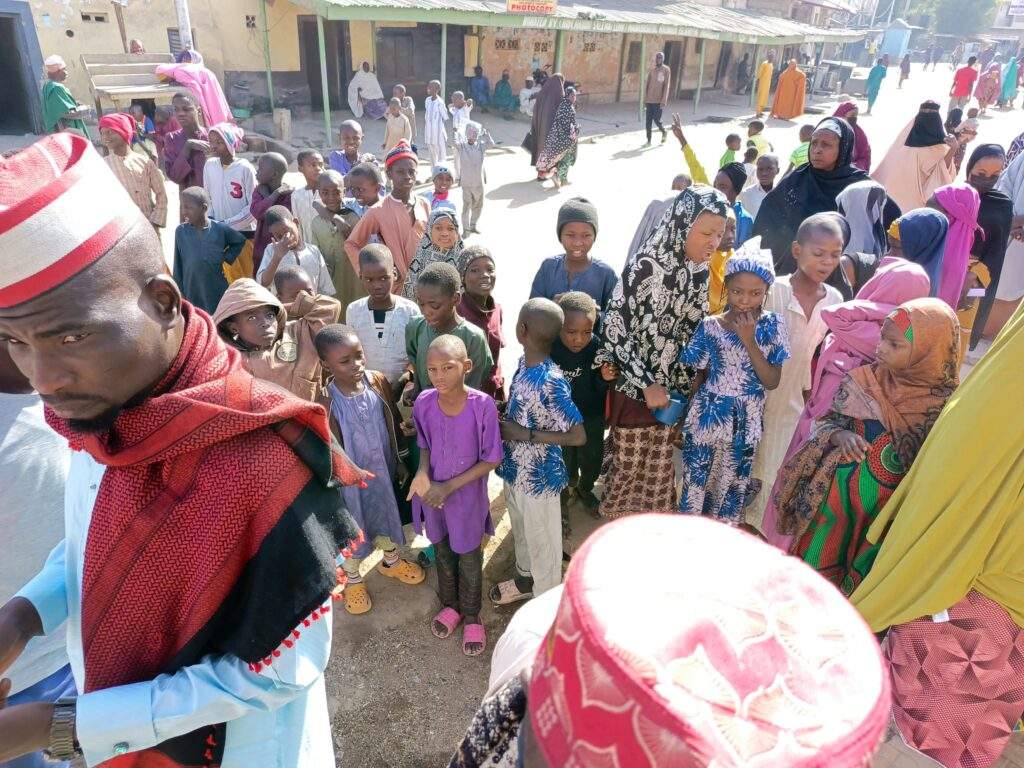Controversy has erupted in Fagge Local Government area of Kano State following the launch of a mass circumcision programme sponsored by Mohammad Bello Shehu, the elected member representing Fagge Federal Constituency. The programme, aimed at circumcising over 1,000 boys across 11 wards, has drawn criticism from various stakeholders, igniting a debate over the lawmaker’s priorities and obligations to his constituents.
Traditionally, circumcision in the Hausa society is conducted during the harmattan season. However, the initiative has sparked widespread outrage from opposition parties and NNPP stakeholders, who question whether this aligns with the pressing needs of the community, especially amidst economic challenges.
Supporters expressed disappointment, emphasizing that the focus should be on addressing critical issues such as poverty alleviation, youth empowerment, and healthcare rather than allocating resources to a traditional practice that has not presented a significant burden to the community. They stress the need for the lawmaker to fulfill campaign promises and prioritize initiatives that directly impact the well-being and development of the constituency.
Responding to the criticism, Mohammad Bello Shehu clarified that the circumcision exercise is not part of a constituency project and was solely sponsored with his personal funds. He attributed the idea to a constituent’s request for financial assistance for his children’s circumcision, leading to the conception of the mass circumcision programme to support parents who are financially incapacitated to afford the procedure for their children.
Furthermore, the lawmaker highlighted his extensive personal contributions to the community, including funding tertiary education fees, distributing food items, and addressing various constituents’ concerns. He expressed dismay at the lack of appreciation for his efforts, emphasizing that he spent over N58 million on tertiary education fees, personally distributed food items, and invested a substantial amount to support constituents’ welfare.
In light of the ongoing debate and criticism, the controversy surrounding the mass circumcision programme has become a focal point of discussion in Fagge constituency, prompting a reevaluation of the lawmaker’s approach to addressing community needs and concerns.
The unfolding discourse underscores the complex dynamics of community representation and the divergent perspectives on resource allocation and legislative priorities. As the dialogue continues, stakeholders and observers are closely monitoring the developments, shedding light on the intersection of tradition, governance, and community welfare in the Nigerian political landscape.
